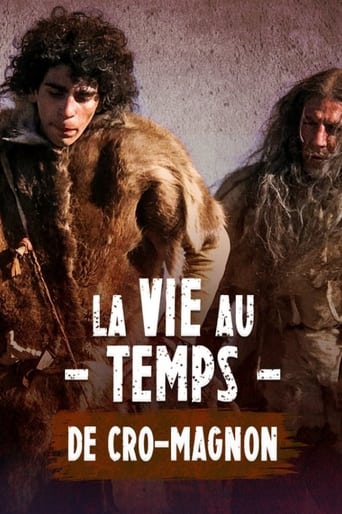
19 Oct 2019

La vie au temps de Cro-Magnon
No overview found
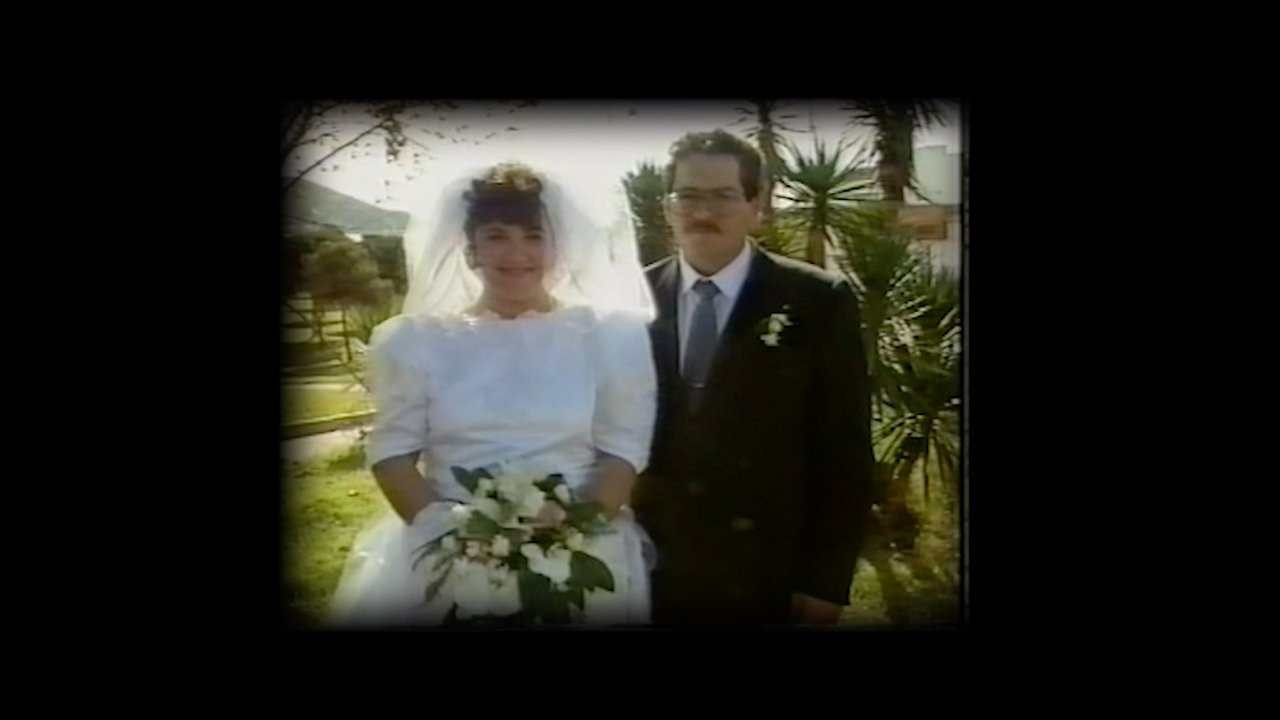
Mum
Dad
Brother
Voz en off

19 Oct 2019

No overview found

01 Dec 1933

An exploration —manipulated and staged— of life in Las Hurdes, in the province of Cáceres, in Extremadura, Spain, as it was in 1932. Insalubrity, misery and lack of opportunities provoke the emigration of young people and the solitude of those who remain in the desolation of one of the poorest and least developed Spanish regions at that time.

20 Jan 2025

The wind carries an aspiring healer into a chaotic, virulent parallel world. Paralyzed by a familiar universe that is gradually becoming distorted, she discovers she has the power to stop time.
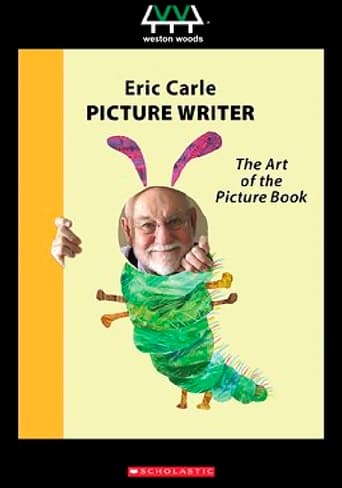
15 Jun 2011

An intimate portrait of Eric Carle, creator of more than 70 books for children including the best-selling "The Very Hungry Caterpillar". At 82, Eric is still at work in his studio making books and creating art. As he methodically layers a tissue paper collage of the caterpillar, he describes the feeling he achieves working in his studio, the sense of being at peace, all alone, when everything grows quiet and it is just himself and his work. The film taps into that deep creative need in each of us, a spirit that started in Eric as a very young child and is unceasing today.
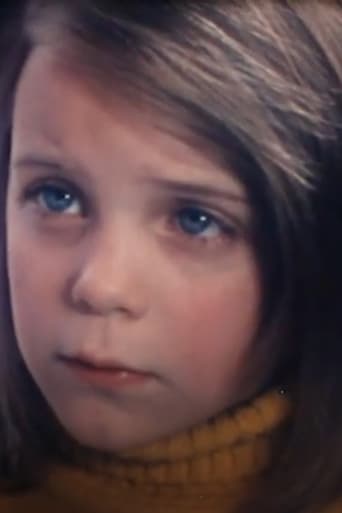
10 Sep 1975

In this quiet, naturalistic dramatic short, six-year old Sarah grapples with understanding mortality after the sudden death of her older brother, David. With the help of her family, she gradually learns how to process his passing and cope with her grief. Written, produced, and directed by Jackie Rivet-River, this short film for Encyclopaedia Britannica Films was awarded the Silver Hugo prize at the Chicago International Film Festival, as well as 12 additional awards internationally.
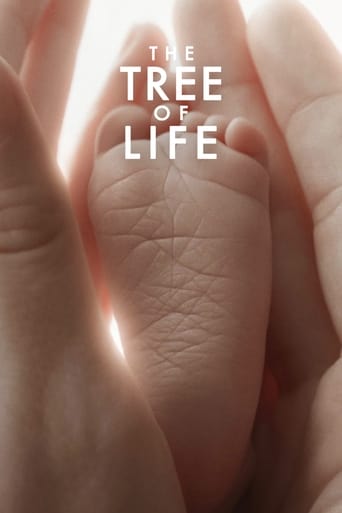
17 May 2011

The impressionistic story of a Texas family in the 1950s. The film follows the life journey of the eldest son, Jack, through the innocence of childhood to his disillusioned adult years as he tries to reconcile a complicated relationship with his father. Jack finds himself a lost soul in the modern world, seeking answers to the origins and meaning of life while questioning the existence of faith.

01 May 1974

Guy Debord's analysis of a consumer society.

01 Oct 2015

Eliza Dushku takes on her homeland of Albania.
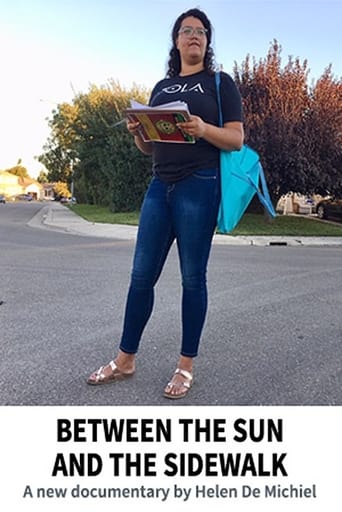
01 Feb 2024

Christian Garcia, a fiercely dedicated Latino political organizer, leads a team of young people mobilizing their community for a soda tax. Tested during their fight for the right to vote, the young recruits dare to beat back the goliath soda industry and ignite a youth-powered movement for health equity and justice.
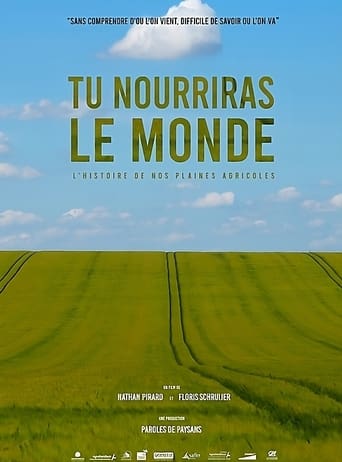
17 Mar 2022

No overview found
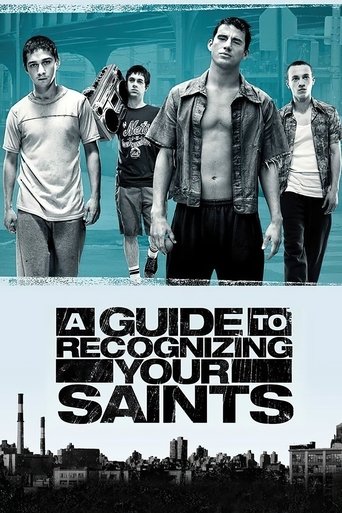
29 Sep 2006

Dito Montiel, a successful author, receives a call from his long-suffering mother, asking him to return home and visit his ailing father. Dito recalls his childhood growing up in a violent neighborhood in Queens, N.Y., with friends Antonio, Giuseppe, Nerf and Mike.
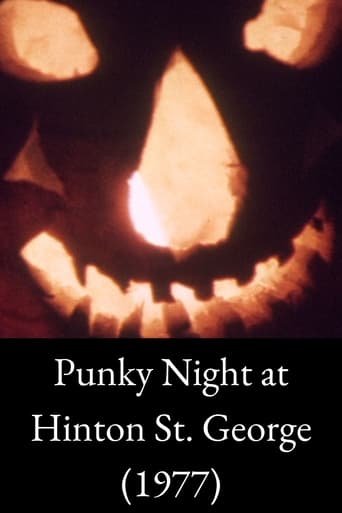
27 Oct 1977

Children parade through the streets of Hinton St George in Somerset on the last Thursday of October. Children have hollowed out pumpkins or mangelwurzels, a type of animal fodder turnip to make lanterns following a tradition in this part of West Somerset that coincides with Halloween. Punky or Punkie Night is thought to date from the turn of the 20th century or perhaps medieval times chanting rhymes and following a Punkie King and Queen.
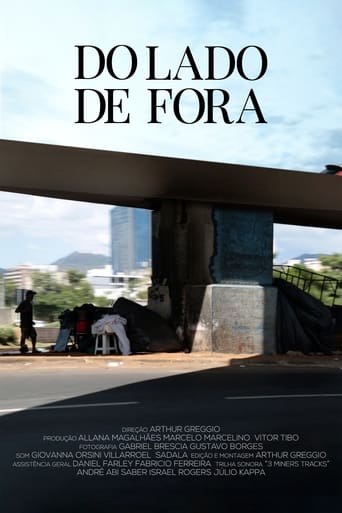

No overview found
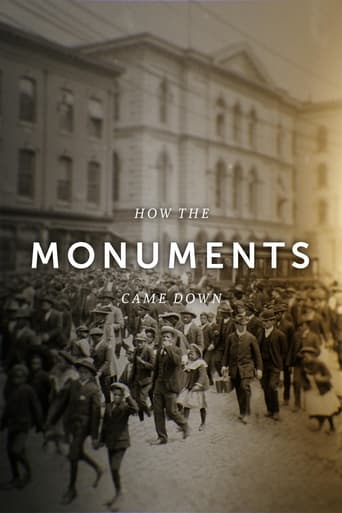
10 Jun 2021

How the Monuments Came Down is a timely and searing look at the history of white supremacy and Black resistance in Richmond. The feature-length film-brought to life by history-makers, descendants, scholars, and activists-reveals how monuments to Confederate leaders stood for more than a century, and why they fell.
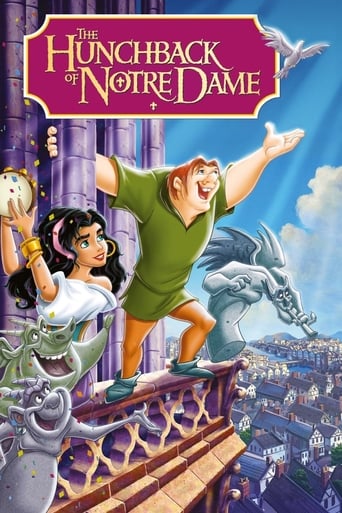
21 Jun 1996

Isolated bell-ringer Quasimodo wishes to leave Notre Dame tower against the wishes of Judge Claude Frollo, his stern guardian and Paris' strait-laced Minister of Justice. His first venture to the outside world finds him Esmeralda, a kind-hearted and fearless Romani woman who openly stands up to Frollo's tyranny.
10 Nov 2022
This documentary speaks to local activist groups in the music industry and culture scene to find out why people are driven to fight back and speak out on subjects they’re passionate about. With an aim of inspiring the next generation, each activist gives their advice on how you can put a cause you are passionate about in the local scene into action. Hope Lynes spoke to Phil Douglas from LGBTQIA+ organisation Curious Arts; grassroots promoter Hana Harrison from Art Mouse; Tracks' Sarah Wilson, who campaigns for better female representation in the music scene with her project Noisy Daughters; Chantal Herbert from feminist Black and queer-led organisation Sister Shack; and disability activist and musician Ruth Lyon. It’s hoped that this intimate and personal documentary will explore the starting points to beginning your own activism.

21 Dec 2007

Ishaan Awasthi is an eight-year-old whose world is filled with wonders that no one else seems to appreciate. Colours, fish, dogs, and kites don't seem important to the adults, who are much more interested in things like homework, marks, and neatness. Ishaan cannot seem to get anything right in class; he is then sent to boarding school, where his life changes forever.
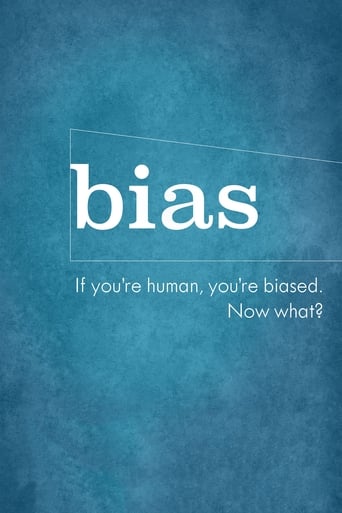
07 Oct 2018

"Bias" challenges us to confront our hidden biases and understand what we risk when we follow our gut. Through exposing her own biases, award-winning documentary filmmaker Robin Hauser highlights the nature of implicit bias, the grip it holds on our social and professional lives, and what it will take to induce change.
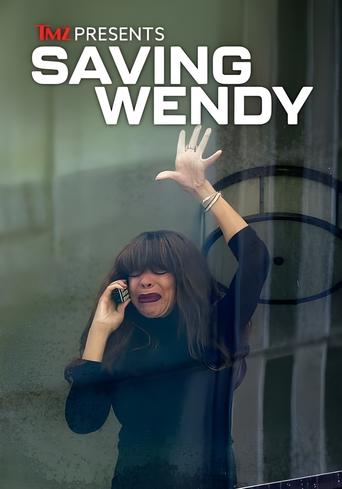
11 Feb 2025

The former talk show host speaks out from behind the glass at an assisted living facility where a restrictive guardianship has made her a 'prisoner.'

28 Aug 2017

Using testimonies by pioneers and witnesses of the times, delve into the feverish visual culture the media generated – with far-fetched examples of canine television games, seduction manuals, aerobics class while holding a baby, among others.